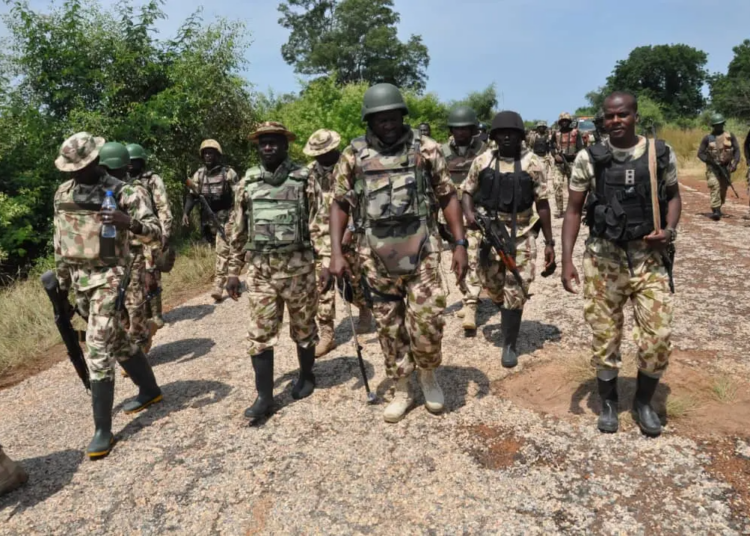A civil society organisation (CSO), 21st Century Community Empowerment for Youth and Women Initiative (CEYWI) has signed a grant agreement with United Nations Trust Facility Supporting Cooperation on Arms (UNSCAR) to interrogate military expenditure in five African countries.
CEYWI is an organisation that serves as a platform for good governance and societal development, through policy advocacy for inclusive participation and people oriented research towards sustainable peace and development but has now signed a grant agreement with UNSCAR to implement project in the five West Africa Countries of Burkina Faso, Ghana, Guinea Bissau, Nigeria and Senegal.
The project will last for a duration of 12 months, the head of Communication and External Relations, Ms Suleiman Aishat Opeyemi has said in a statement.
She said the title of the project is evidence-based capacity building for ECOWAS member states on military expenditure reporting.
She added that the project on evidence based capacity building for ECOWAS states which is in two, locked steps, involves knowing reasons countries do not report on military expenditure and has as its ultimate goal transparency which enhances military expenditure to serve as Confidence and Security Building Measure (CSBM) among states and prevents military conflict.
The project also has a capacity building component which uses research findings to improve state’s ability to report on their military expenditure.
She noted that when countries have information on what other countries are spending on defence they feel less threatened by the activities of their neighbours and in order to ensure that all countries realise the inherent advantages in providing this information, regional organisations such as ECOWAS should be more involved in encouraging open exchange of information on military activities by their member states, hence the engagement of the project with the sub-regional organisation.
She said women are also being considered as part of the project as researchers and consultants to add their perspective to the study, adding that transparency in military matters is clearly related to the SDG as its very essence apart from the confidence building in mutual relations between states in military matters.
“A regionally agreed exchange of information on military matters also significantly reduces arms flow (16.4). All this provides the environment where peace reigns and development thrive. A regional organization like ECOWAS with a well-developed security architecture would benefit immensely from a study that provides an understanding of the essence of reporting military expenditure.
“Project Expected Impact are the following: 1. An understanding of why countries, generally, but specifically West African Countries, have not been reporting their military expenditure to the UN Report on Military Expenditure. This could provide a basis for better knowledge of why other regions of the world similar to the countries in the study are responding in much the same way to the reporting system.
“The findings of the five-country study would form the basis of an evidenced-based capacity building workshop for the five ECOWAS Member states used for the study where identified factors militating against reporting of military expenditure by states to the UN would be addressed to enhance or develop the capacities of states to report their military expenditure,” she added.











